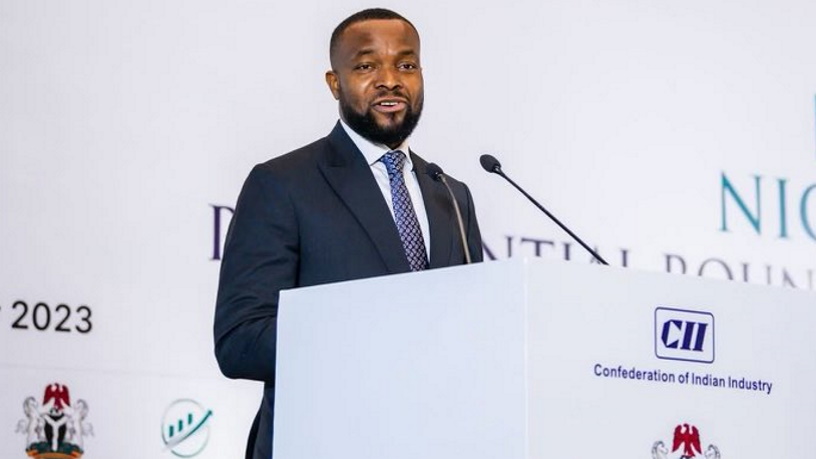Nigeria launches first multilingual large language model

The Federal Government of Nigeria has launched the country’s first multilingual large language model (LLM) through the country's Ministry of Communication, Innovation and Digital Economy.
Nigerian Minister of Communications, Dr Bosun Tijani, announced on X (formerly Twitter) that the launch of the artificial intelligence (AI) solution came from a four-day AI workshop held in Abuja.
According to Tijani, the launch of the AI tool was facilitated by a collaboration involving Nigerian AI company, Awarritech; global technology company DataDotOrg; the National Information Technology Development Agency; and the National Centre for AI and Robotics (NCAIR).
"The LLM will be trained in five low-source languages and high-end English to ensure a stronger language representation in existing datasets for the development of artificial intelligence solutions,” said Tijani.
The minister added that Nigeria developed an initial draft of its National AI Strategy, which showed notable progress and collaboration aimed at promoting the growth of the nation's AI following the four days of cooperative effort involving over 120 AI professionals.
During the workshop, Tijani re-announced the launch of the NCAIR, an entity dedicated to promoting research and development in AI, robotics, unmanned aerial vehicles, and the internet of things, as well as their practical applications in Nigeria's key sectors.
He stated that the capacity increased at NCAIR would allow him to be more effective in carrying out his role as a centre for digital innovation and research.
Tijani revealed that the National AI Strategy has received initial funding of US$3.5 million (Rp56.7 billion) from interested partners under the Federal Ministry of Communication, Innovation, and Digital Economy.
He noted that foreign and local partners also supported the funding, including UNDP, UNESCO, Meta, Google, Microsoft, Lumite, Lagos Business School, Nigerian Science Data, NITDA, among other institutions.
This includes US$1.5 million (Rp24.3 billion) of direct funding and an additional US$2 million (Rp32.4 billion) invested by 21st Century Technologies into the trial programme.